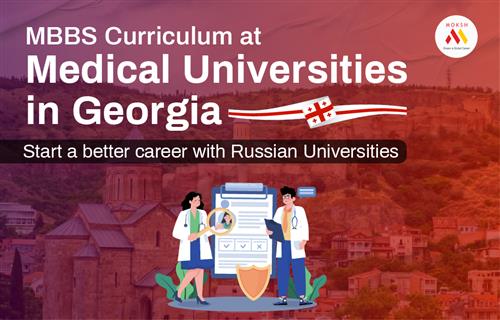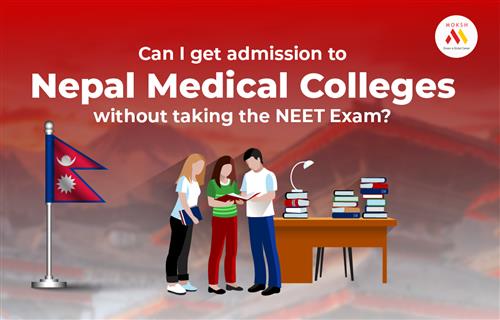NEET topper 2016: Gujarat's Het Shah shares his success mantra behind NEET all India rank one and AIIMS all India rank 4
While medical entrance examinations are considered toughest among all, for Gujarat’s Het Shah, who has topped this year’s National Eligibility cum Entrance Test (NEET), it was like a cake walk. Eighteen-year-old Shah scored 685 marks out of 720 and also registered an All India rank (AIR) four in the All India Institute of Medical Sciences (AIIMS) entrance test. If that wasn’t enough, he scored 96.5 per cent in his Class 12 examinations in the PCB stream. He aspires for a neuroscience specialisation as the field interests him but is keeping an open mind and will discover his core interests before making a decision. Currently, a student of AIIMS New Delhi’s MBBS course, Het shares his success mantra with the IndianExpress.com. “I started coaching about two years ago since I was in Class 11,” he says. A native of Nadiad, Gujarat, Het moved to Kota, Rajasthan to study at the ALLEN Career Institute. “Two years are more than enough for cracking the exam,” he says, adding that he used to study for five to six hours at home, apart from the six hours of his day spent at the coaching institute plus school hours. Het completed his 10 + 2 from Maa Bharati School. The school is affiliated with the ICSE Board. Many of his friends from Kota are also studying at AIIMS with him, he quips, as they did well in NEET owing to them preparing for the past two years for the medical entrance. Preparation strategy: Het’s exam strategy was simple. He advises giving more time to weaker subjects. “Most students find physics difficult but for me, it was pretty easy. This is because it is logical and does not require memorising repeatedly like biology. For physics, I did a limited number of questions to understand the concept while biology, I had to study again and again to memorise the concepts. While preparing for chemistry, there is inorganic chemistry which is again the same as biology – it requires memorisation. On the other hand, Organic chemistry requires understanding the mechanism which helps a lot,” he says. He says that even though NEET had never been conducted before and there were no previous years’ question papers available for the exam, he did not feel intimidated. “I covered all 10 years’ question papers of AIPMT. Sometimes the questions are repeated. Although there is some difference between AIPMT and NEET, the paper pattern of the two was more or less the same.” Reference books: While preparing for the exam, he found the NCERT books to be the most valuable. “One can take the help of reference books as well. You can also take reference material from coaching institutes. You need to develop one’s own technique for cracking the exam. For reference, he used the NCERT books for biology as well as last years’ papers whereas for chemistry, he used books from Balaji Publications. For physics, he referred to D Mukherjee and S C Verma books. He says that he also used the study material obtained from his coaching institute. Coaching: When asked how important are coaching institutes for cracking medical entrance exams such as AIIMS or NEET, he says that although you can crack the exam without outside help, you need coaching to get a good rank in the exam. “Coaching given you an advantage because they provide you with new material, conduct regular tests; you engage with experienced faculty, etc. This helps in selection and to get a higher ranking,” he says, adding that one must be regular whether one opts for tuition or not. Exam day strategy: On the day of the exam, Het underwent some tension and pressure like his peers but the key is to relax and keep one’s calm. “If you are tensed, talk to your parents or your friends. You need to relax before you appear for the paper. Try to be calm,” he advises. While attempting the paper, he says that he completed biology first, then chemistry and kept physics for the last as it was his strong point and he did not need much time for that. “Take a brief overview of the paper for about five to ten minutes as soon as you receive it. Gauge the difficulty level. Attempt the physics part of the paper most patiently as it has the maximum potential for calculation errors and silly mistakes. Do not forget to cross your sums.” However, Het advises against attempting the physics part of the question first. “If you attempt it first then you will do so in a hurry. Attempt the biology part first as it takes a lot of time, although you should most definitely try to minimise the time taken for that,” he says. For chemistry, he says that the time to be devoted can be flexible depending upon the difficulty level of the question paper. Talking about specific techniques he developed as mentioned earlier, Het says that he used to mark certain questions, especially those of physics, which he would then revise after he was through with the paper. These questions are those which usually involve large calculations, and revising them helps correct mistakes. About 10-20 minutes should also be left for the OMR sheet, which is the most important, according to Het. “The OMR sheet is the only thing which holds your entire hard work. Give two-and-a-half hour for answering the paper and about half-an-hour for completing roll number and other formalities and filling the OMR sheet,” he says. He advises that if candidates are falling short on time, they should leave the difficult questions first as they can come back to them later. Should NEET continue: Het seems to be in favour of the NEET examination continuing through the coming years. Talking about the whether NEET is a good initiative/option/venture, he says that the centralised exam system is good for the country. “It examines every student on the same platform. It can also stop malpractices during admission in private colleges,” he says. Advice for future aspirants: For future NEET aspirants, Het has a quite a few pointers. “Maintain regularity; stick to your basic concepts as most questions are likely to come from there. If you have access to some sort of guidance or help, it is good. If you do hard work then you can crack the exam,” he says.



.png)




